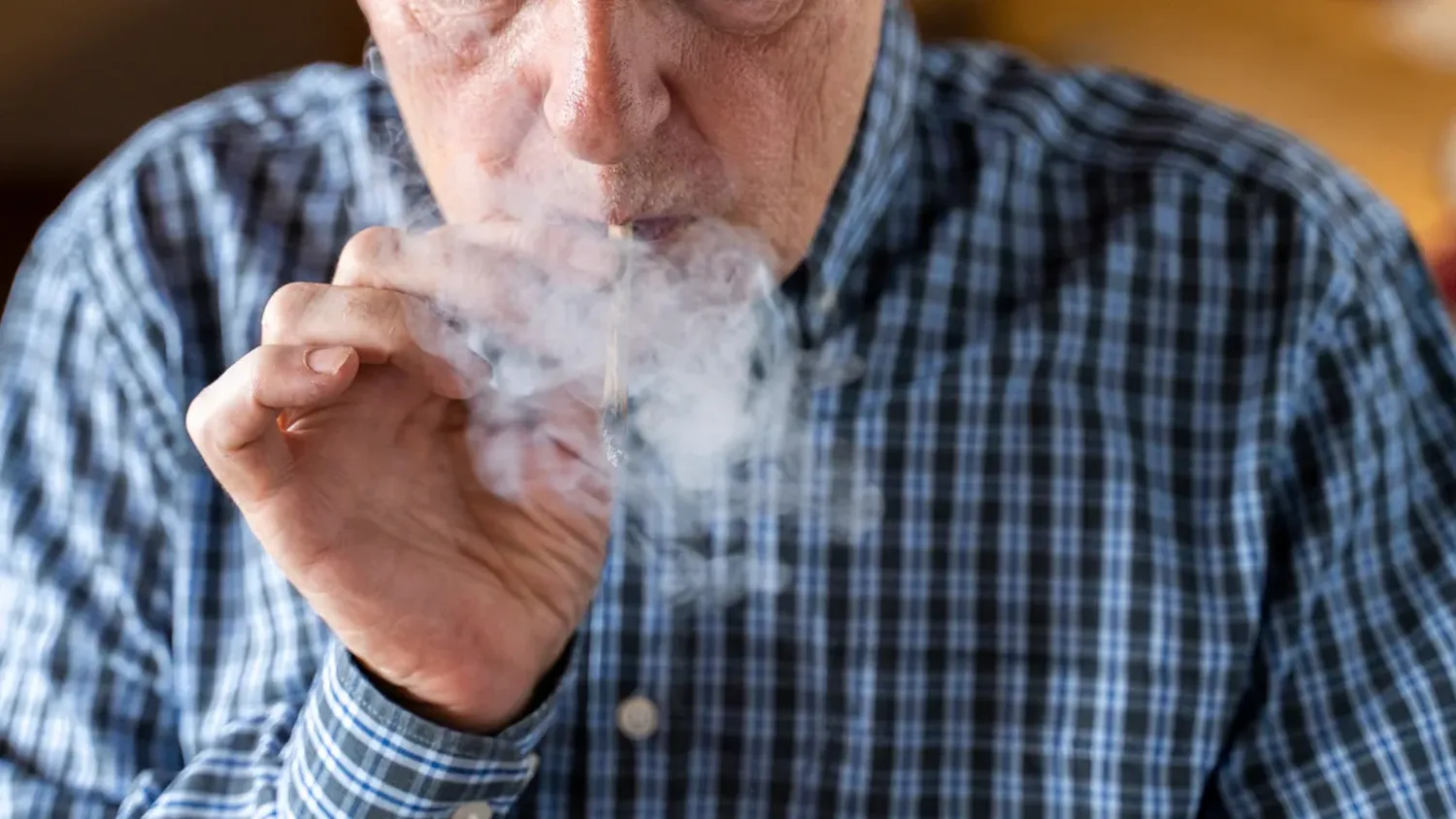Health Risks
Cannabis Poisonings Among Older Adults Have Tripled, Study Finds
In a startling revelation, recent studies have shown that cannabis poisonings among older adults have tripled following the legalization of cannabis in Canada. This demographic, which has seen the highest increase in cannabis use post-legalization, is now facing significant health risks, as evidenced by a surge in emergency department visits for cannabis-related issues.
The study, published in the journal JAMA Internal Medicine, was led by Dr. Nathan Stall, a geriatrician and clinician scientist at Sinai Health in Ontario. It analyzed data from the Ontario Ministry of Health, examining emergency department visits for cannabis poisoning among older adults during three distinct periods: pre-legalization (January 2015 to September 2018), the first legalization period (October 2018 to December 2019, when only dried cannabis flower was legal), and the second legalization period (January 2020 to December 2022, when cannabis edibles were legalized for retail sale).
Over the eight-year study period, there were 2,322 emergency department visits for cannabis poisoning among older adults, with an average age of 69. The data revealed that the rate of emergency visits doubled during the first legalization period and tripled during the second period compared to the pre-legalization rate. This dramatic increase highlights the growing public health concern surrounding cannabis use in older populations.
One of the key findings of the study is that older adults may not be aware of the potency of today's cannabis products, particularly edibles. Unlike the cannabis of previous decades, modern cannabis products are significantly stronger, which can lead to severe health issues when consumed in large quantities. The delayed onset of effects from edibles, which can take up to two hours to manifest, often leads to accidental overconsumption. This can result in symptoms such as confusion, psychosis, anxiety, rapid heartbeat, chest pain, nausea, and vomiting.
Dr. Stall emphasized the importance of starting with a low dose and proceeding slowly when using cannabis, especially for older adults. He also recommended storing edibles in locked locations and clearly identified packaging to prevent accidental ingestion. The study found that nearly 17% of the older adults who visited the emergency department for cannabis poisoning were also intoxicated with alcohol, about 38% had cancer, and 6.5% had dementia. These findings underscore the complexity of cannabis use in older adults, who are often managing multiple health conditions and medications.
The rise in cannabis poisonings among older adults is not limited to Canada. Similar trends have been observed in the United States, where emergency room visits linked to cannabis use in adults aged 65 and older have increased significantly. Health officials have expressed growing concern about the potential interactions between cannabis and other medications commonly used by older adults, as well as the increased risk of falls and injuries due to cannabis-induced dizziness and impaired coordination.
Experts like Dr. Lona Mody and Dr. Sharon K. Inouye, who commented on the findings, stress the need for adequate research, education, and counseling regarding the adverse effects and safe usage of cannabis, particularly in older adults. They advocate for open and judgment-free conversations between healthcare providers and older adults about cannabis use, its benefits, and risks. This approach is crucial for ensuring that older adults are well-informed and can make safe choices regarding cannabis use.
The study also highlights the need for healthcare providers to be vigilant in screening for cannabis use among older adults and to provide appropriate guidance on safe consumption practices. As the legalization and cultural acceptance of cannabis continue to grow, it is imperative that public health initiatives focus on educating older adults about the potential risks and benefits of cannabis use.
In conclusion, while cannabis may offer therapeutic benefits for some older adults, the significant increase in cannabis poisonings underscores the need for caution and education. Older adults, healthcare providers, and policymakers must work together to ensure that the benefits of cannabis use are maximized while minimizing the risks. As Dr. Stall and his colleagues have shown, the stakes are high, and the health and well-being of older adults depend on informed and responsible cannabis use.

